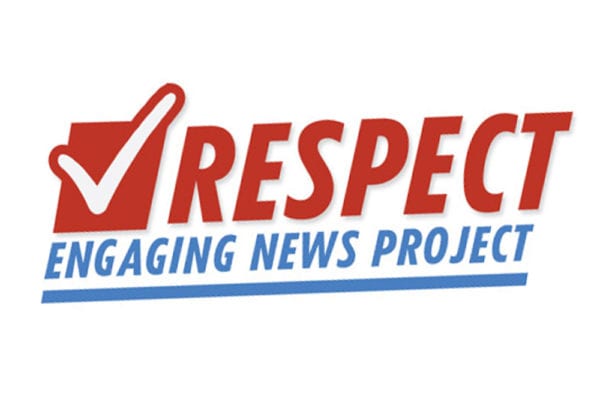
When Facebook makes a change, everyone has an opinion. That was definitely the case when Mark Zuckerberg announced that the social media giant would begin testing out a “Dislike” button.
The reasoning behind the decision, according to Zuckerberg, was that users have long requested a way to express negative emotions or empathy so that they could better interact with posts related to sad or tragic events.
“Not every moment is a good moment, and if you are sharing something that is sad, whether it’s something in current events, like the refugees crisis that touches you, or if a family member passed away, then it may not feel comfortable to like that post,” Zuckerberg said, as printed in the New York Times. “So I do think it’s important to give people more options than just like.”
We at the Center for Media Engagement agree that there should be alternative ways of engaging with content on Facebook and other social platforms. Adding a dislike button gives people a new way to interact — and an appropriate button for many situations where “Like” just doesn’t seem appropriate.
But “Dislike” brings baggage of its own. At the Center for Media Engagement, we’ve done research showing that the types of buttons available affect how people react. These word choices — although seemingly innocent — have social consequences. And while “Dislike” may be a useful button when interacting with a tragic event, it takes on new meaning when thinking about partisan political content.
What if we had a button that allowed users to acknowledge a valid point, even if it didn’t align with their political beliefs?
Why “Dislike” something when you could “Respect” it?

